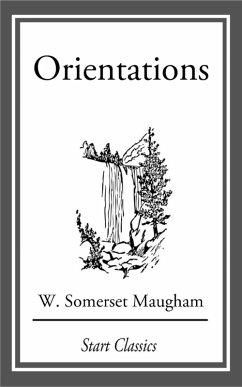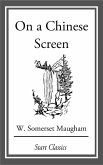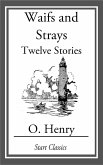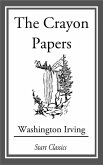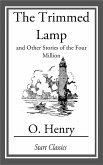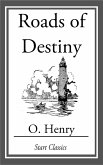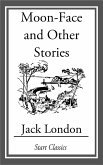The Punctiliousness of Don Sebastian -- A Bad Example -- De Amicitia -- Faith -- The Choice of Amyntas -- Daisy --
Dieser Download kann aus rechtlichen Gründen nur mit Rechnungsadresse in A, B, BG, CY, CZ, D, DK, EW, E, FIN, F, GR, HR, H, I, LT, L, LR, M, NL, PL, P, R, S, SLO, SK ausgeliefert werden.

